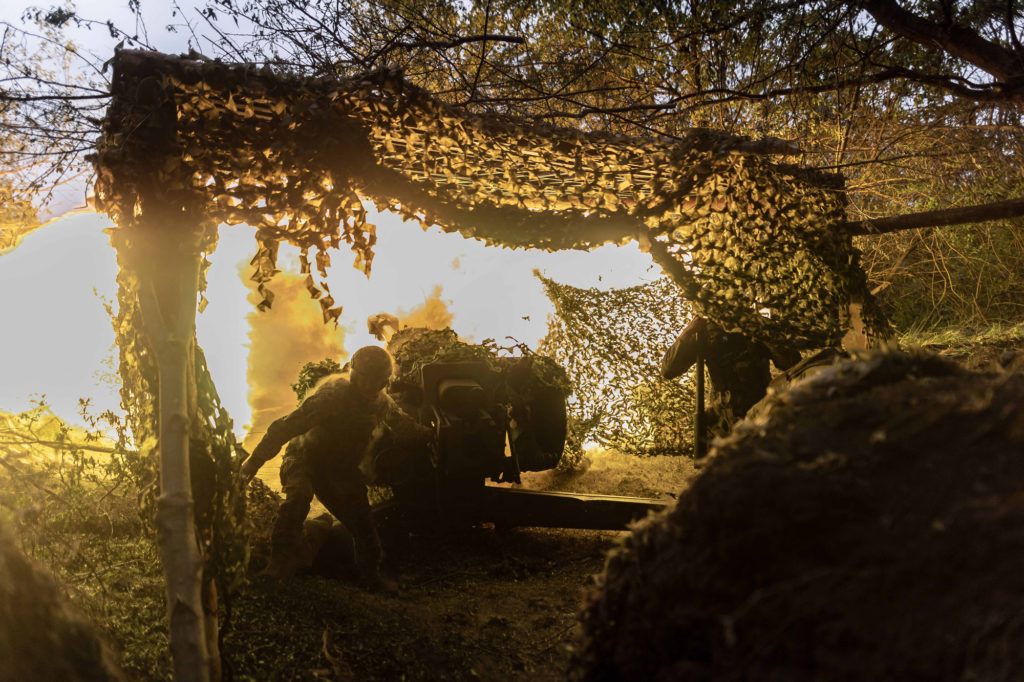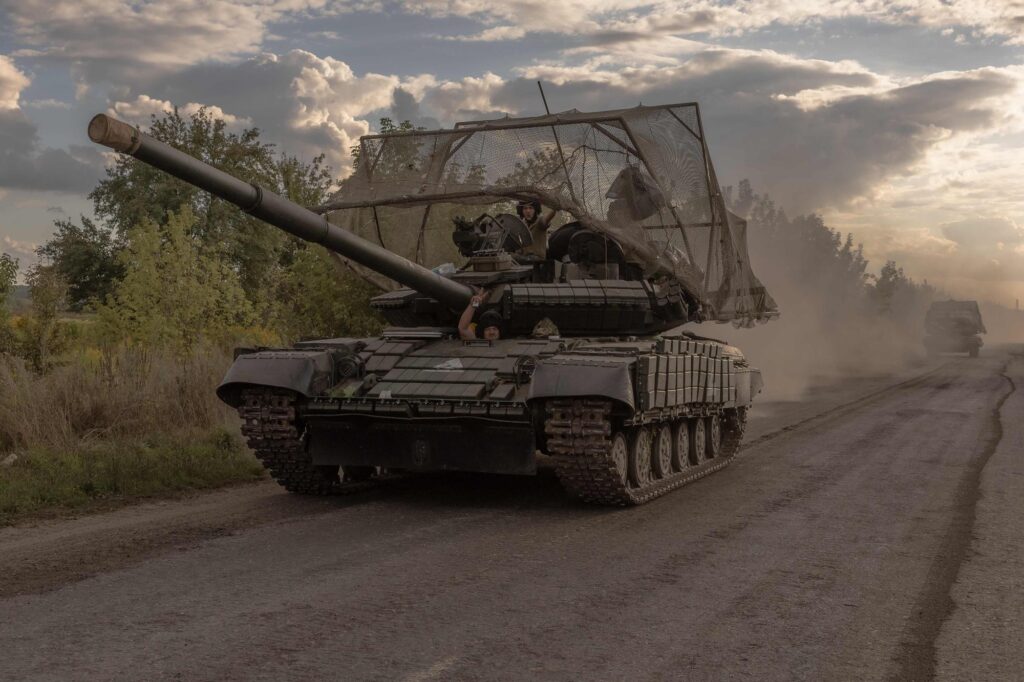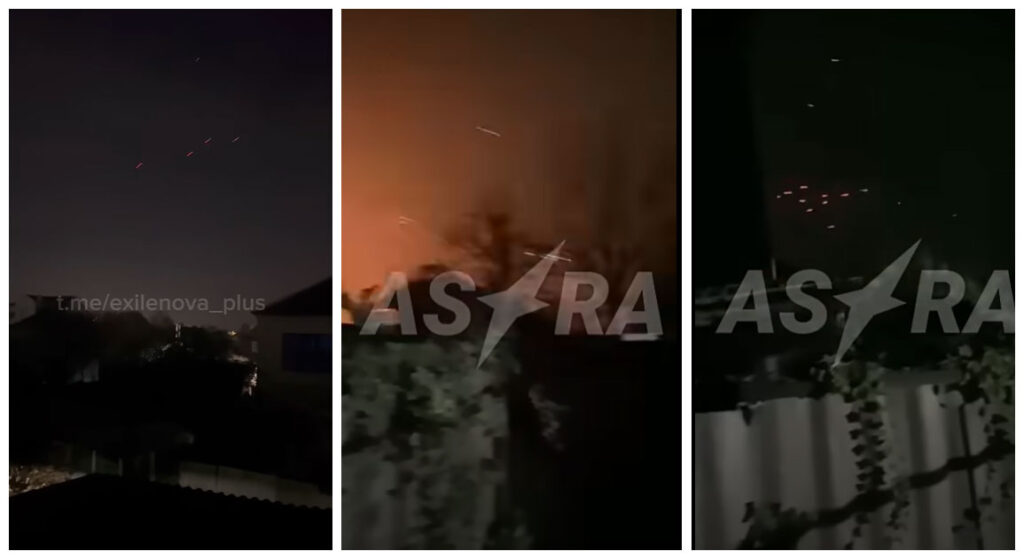The Washington Post: Ukrainian troops are turning to buggies amid constant drone threat on battlefield
While buggies are useful for their mobility, they lack the firepower, capacity, and armor needed to carry significant troops and supplies or provide protection.


The latest must-have on the Ukrainian battlefield is the kind of off-road buggies, mostly used on farms, electric bicycles, and all-terrain vehicles like quad bikes, says The Washington Post.
Due to the extensive use of drones, almost any movement near the front line can be seen and targeted within minutes. To prevent the threat, Ukraine and Russia are turning to small and maneuverable vehicles to deliver supplies and evacuate wounded soldiers.
The baggies, however, lack the firepower and space to carry a lot of troops and supplies, as well as armor to protect everything on board.
Armies have historically utilized bikes and motorcycles in warfare, and US Special Forces have employed buggies and all-terrain vehicles for navigating challenging terrain in Iraq and Afghanistan.
On the Ukrainian front, the constant threat of drones has made the stealth-like qualities of smaller vehicles even more functional.
Moreover, some front-line medics use electric unicycles, which allow them to move over obstacles, such as sand or mud, to reach the wounded without being hit by enemy fire.
Meanwhile, Ukrainian soldiers also say that the main advantage of electric bikes is the fact that they generate less heat for radars and thermal vision.
Russia has also employed the tactic of using small vehicles on the front. The occupation forces already have 537 of them and have ordered some 1,500 more.
Read more:
- Sweden and the Netherlands planning joint project to produce CV90 combat vehicles for Ukraine
- US transferring Patriot from Poland to boost Ukraine’s air defenses, NYT sources say
- Scholz says Germany will transfer third Patriot system, additional IRIS-Ts and Gepards to Ukraine
- Western permission for strikes inside Russia stops S-300 attacks on Kharkiv for days
You could close this page. Or you could join our community and help us produce more materials like this.
We keep our reporting open and accessible to everyone because we believe in the power of free information. This is why our small, cost-effective team depends on the support of readers like you to bring deliver timely news, quality analysis, and on-the-ground reports about Russia's war against Ukraine and Ukraine's struggle to build a democratic society.
A little bit goes a long way: for as little as the cost of one cup of coffee a month, you can help build bridges between Ukraine and the rest of the world, plus become a co-creator and vote for topics we should cover next. Become a patron or see other ways to support.


